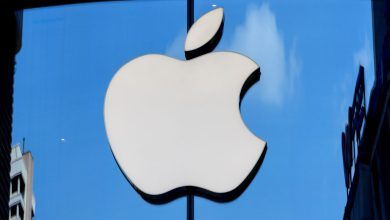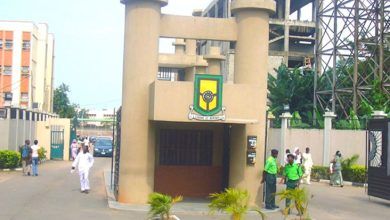
The Nigeria Labour Congress (NLC) has directed its members to begin an indefinite strike in states that have yet to implement the 2024 National Minimum Wage Act. This directive, effective December 1, 2024, follows the National Executive Council (NEC) meeting, where frustration over delayed and refused wage implementation was a dominant theme.
In a statement, the NLC criticized certain state governments for failing to uphold the law, highlighting that these delays show disregard for Nigerian workers, who continue to face mounting economic challenges. “This betrayal by certain governors and government officials flies in the face of both legality and morality,” the NLC’s statement read. It went on to describe this situation as “a blatant disregard for the law and the lives of millions of Nigerian workers,” noting that the affected workers are being denied fair compensation during a time of economic hardship.
In response, the NLC has resolved to establish a National Minimum Wage Implementation Committee to assess compliance across the country. This committee will also lead a national campaign aimed at raising awareness among workers and citizens, emphasizing the need to resist any attempt to undermine their rights and dignity. Additionally, the NLC will begin coordinated industrial actions in all non-compliant states, pledging not to relent until the minimum wage is fully enforced nationwide.
“All state Councils where the National Minimum Wage has not been fully implemented by November 30, 2024, have been directed to proceed on strike beginning December 1, 2024,” the NLC statement affirmed.
NLC Criticizes Petroleum Marketers for Fuel Price Manipulation
Beyond the minimum wage dispute, the NLC has also accused petroleum marketers of inflating petrol prices, which it claims are higher than the true market value. The NLC alleges that fuel marketers are unfairly profiting, exacerbating the hardship brought on by what it describes as “harsh economic policies” from the government.
Expressing concern, the NLC noted that “padding of costs and abnormal margins seems to be the order of the day,” as evidenced by recent controversies involving marketers and the Dangote Group. The congress warned that Nigerian workers and citizens may be “ripped off by those who control the levers of economic power,” adding that this may be why state-owned refineries in Port Harcourt, Warri, and Kaduna have not yet been allowed to operate at full capacity. The NLC has called for appropriate fuel pricing and urged the government to bring the refineries back online quickly to end the monopolistic control of the industry by a few players.
NLC Demands Urgent Economic Relief Measures Amid Rising Inflation
The NLC also addressed Nigeria’s broader economic challenges, expressing alarm over the unchecked rise in inflation and the soaring cost of essential goods. It demanded immediate, substantive action from the Federal Government to alleviate the severe economic pressure on Nigerians.
“Inflation continues to rise unchecked, with the costs of basic necessities spiraling beyond the reach of the average worker,” the NLC said, calling for social protection policies that would protect Nigerians from poverty, provide affordable healthcare, and ensure that wages reflect the true cost of living. The congress also called for a nationwide wage review and a reassessment of policies that it claims have weakened the economic power of Nigerian citizens.
The NLC’s NEC reiterated that without prompt and meaningful intervention, Nigerian workers and the general populace will continue to suffer from worsening economic conditions.





